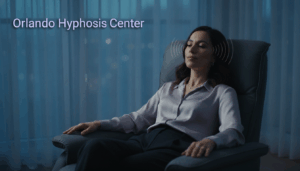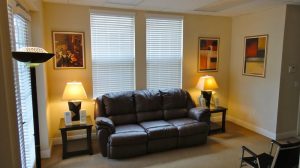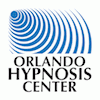Hypnosis for Sleep Disorder
Hypnosis for Sleep Disorder might be exactly what you need if you’re tired of lying awake at night. You’ve probably tried every apps, maybe even prescription sleep aids. But nothing seems to work for long. Book a Free Consultation
Here’s the thing about sleep problems. Your mind gets stuck in patterns that keep you awake, even when your body is exhausted. These patterns run deep, and they’re hard to break with willpower alone.
That’s where hypnosis comes in. It works with your subconscious mind to change those patterns from the inside out. Instead of fighting your thoughts at 2 AM, you can retrain your brain to relax naturally when it’s time to sleep.
Daniel Olson created The Olson Method™ after 30+ years of helping people overcome sleep disorders. He’s seen it all—insomnia, restless nights, early morning wake-ups that leave you feeling drained. His approach is different because it gets to the root cause of why you can’t sleep, not just the symptoms.
Most people notice changes after just a few sessions. You’ll start falling asleep faster and staying asleep longer. The best part? These changes stick because you’re rewiring your brain’s natural sleep response.
You don’t have to live with exhaustion anymore. Sleep disorders affect everything—your mood, your work, your relationships. When you’re constantly tired, life feels harder than it should be.
The Olson Method™ is personalized to your specific sleep challenges. Daniel takes time to understand what’s keeping you awake and creates a plan that works for your situation. No cookie-cutter solutions here.
Imagine what it would feel like to wake up refreshed. To have energy throughout the day without needing three cups of coffee. To actually look forward to bedtime instead of dreading another sleepless night.
That’s what hypnosis can do for your sleep disorder. It’s not magic—it’s a proven technique that helps your mind and body work together the way they’re supposed to. You deserve to sleep well, and Orlando Hypnosis Center can help you get there.
Ready to finally get the rest you need? Let’s talk about how hypnosis can transform your sleep.

